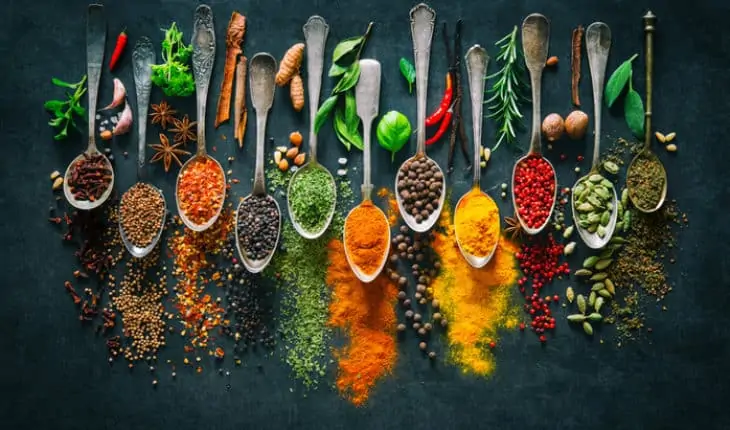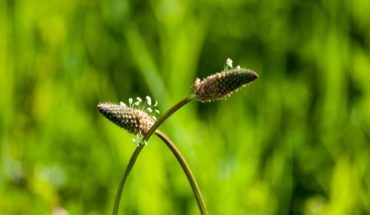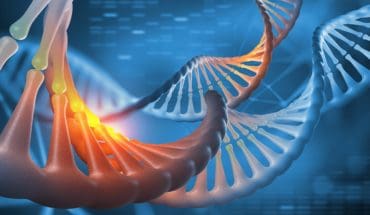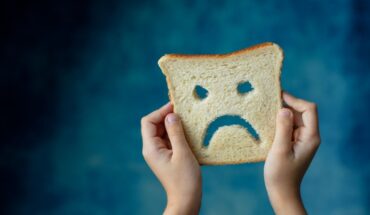IGFS statement on the challenges ensuring herb and spice authenticity: The global herb and spice industry, valued at approximately US$4 billion, continues to grow year on year.
This industry works extremely hard to ensure they provide consumers with safe and authentic products. However, it is continuously under threat from those less scrupulous operators seeking to profit from the trade in economically motivated adulteration. Opportunities for criminals to adulterate herbs and spices exist at many points along the long and complex supply chains.
The Institute for Global Food Security (IGFS) at Queen’s University Belfast works closely in networks with herb and spices companies from many countries as well as multiple retailers selling both branded and retailer branded products. This partnership approach has been key to ensuring that the testing methods applied are robust, can be interpreted correctly and that the integrity of herb and spice supply chains can be verified. Above all, consumers must be able to trust that the products they buy are of the highest quality, safe and authentic.
Developing robust ways to detect the adulteration of many herbs and spices has been a major research activity within IGFS. This has proven to be an extraordinarily complex task as there will always be a background level of low level natural contamination e.g. from harvesting or final processing, which should not be confused with wilful adulteration. Economically motivated food fraud is a criminal activity which although practised by a small minority can unfairly damage the reputation of the majority.
Work continues with a number of leading herb and spice companies and multiple retailers to extend the testing capabilities to encompass more herbs and spices. In order that the wider food industry benefit from these programmes a separate organisation, under the name of Bia Analytical, has been established to offer a commercially competitive and robust testing service using the best science currently available to the industry.
IGFS previously exposed substantial levels of adulteration in commodities such as oregano, sage and turmeric across many of the world’s markets. The methods which they have developed aim to detect fraudulent adulteration and to distinguish this from naturally occurring cross-contamination. These methods have been subject to extensive peer review prior to publication in world leading scientific journals as well as being independently accredited to ISO/IEC 17025. Alternative methods, such as those based on DNA-based techniques, have known shortcomings when applied to herbs and spices, e.g. are not able to detect fraudulent additions of exogenous materials that contain no DNA, endogenous material or highly fragmented DNA, and can lead to disputes between companies and between companies and regulatory authorities.
By working as a network, IGFS, industry partners and retailers are at the forefront of ensuring that good science and interpretation of the data generated from analysis of samples helps to verify safe and authentic herbs and spices for the consumer.
- New lipid-based pathway discovered as key to memory formation - 25th June 2025
- Crucial link could explain how Alzheimer’s takes hold - 25th June 2025
- Understanding Your Mind Can Improve Daily Life - 25th June 2025







